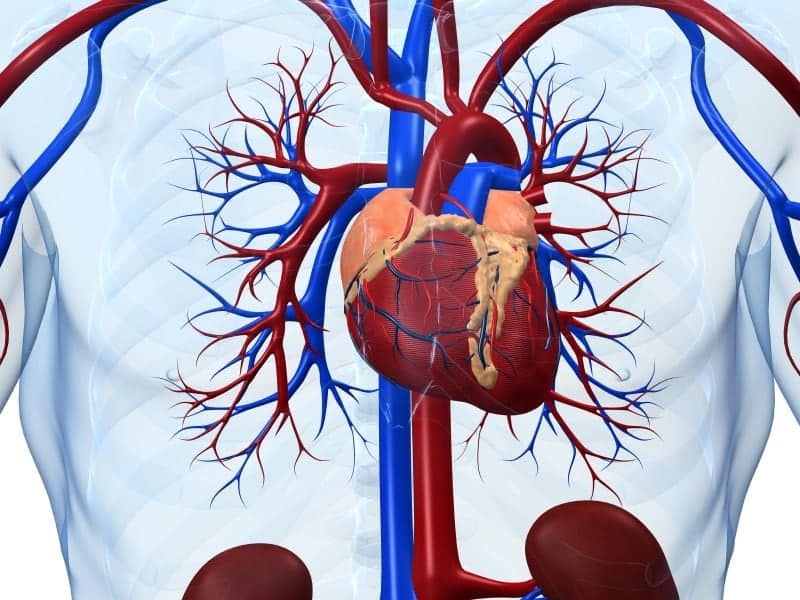MONDAY, June 17, 2019 (HealthDay News) — Incident coronary heart disease (CHD) is associated with accelerated cognitive decline after, but not before, the event, according to a study published in the June 25 issue of the Journal of the American College of Cardiology.
Wuxiang Xie, Ph.D., from the Peking University Health Science Center in Beijing, and colleagues examined the cognitive trajectory before and after incident CHD diagnosis in a cohort of 7,888 participants with no history of stroke or incident stroke during follow-up. Participants underwent a cognitive assessment at baseline in 2002 to 2003 and at least one other time point (from 2004-2005 to 2016-2017). Incident CHD was defined as a diagnosis of myocardial infarction and/or angina during follow-up.
The researchers observed a correlation for incident CHD with accelerated cognitive decline during a median follow-up of 12 years. The annual rate of cognitive decline was similar before CHD diagnosis for individuals who experienced incident CHD and for those who remained CHD-free during follow-up. In participants with CHD diagnosis, there was no short-term cognitive decline after the event. Global cognition, verbal memory, and temporal orientation scores declined significantly faster in the years following CHD diagnosis versus before the event after multivariable adjustment.
“Even small differences in cognitive function can result in an increased risk of dementia in the long term,” Xie said in a statement. “Because there is no current cure for dementia, early detection and intervention are essential to delay the progression to dementia. Heart attack and angina patients need careful monitoring in the years following a diagnosis.”
Abstract/Full Text
Editorial (subscription or payment may be required)
Copyright © 2019 HealthDay. All rights reserved.



